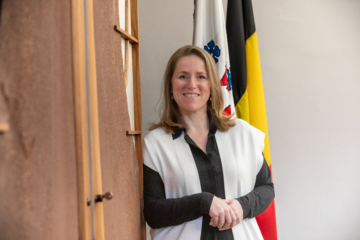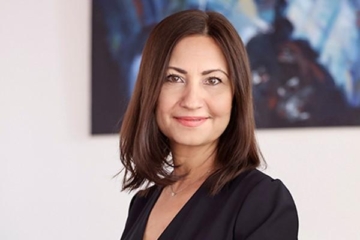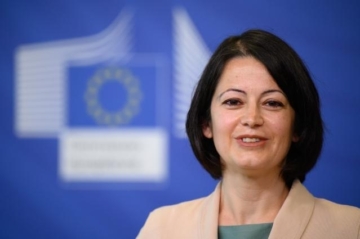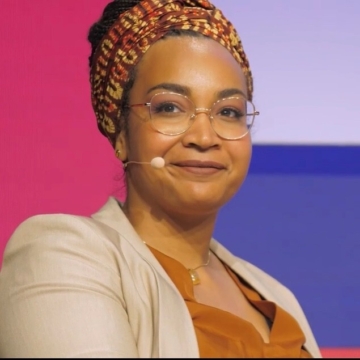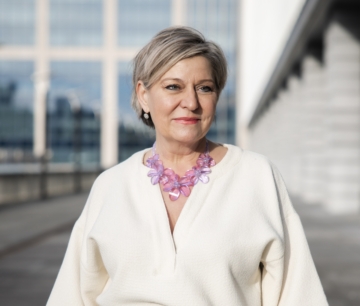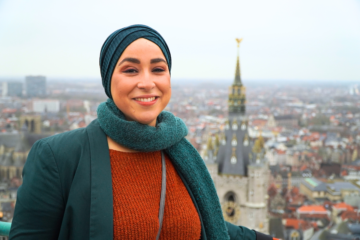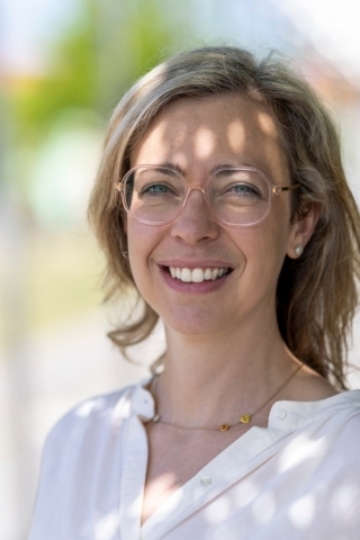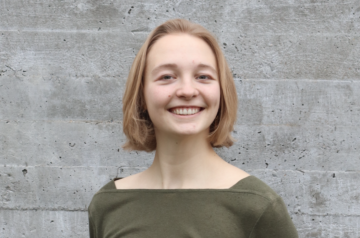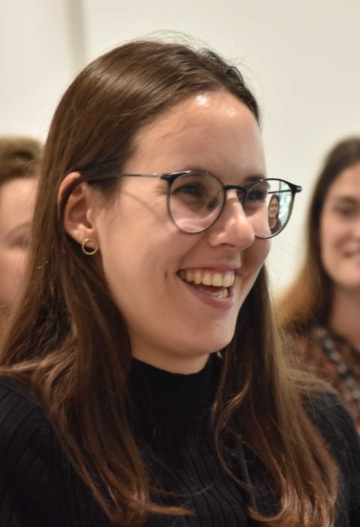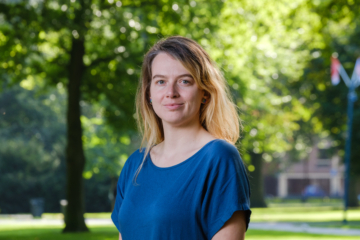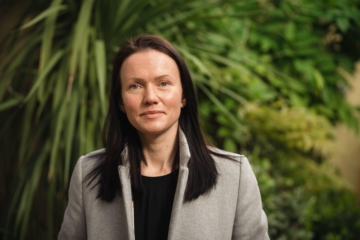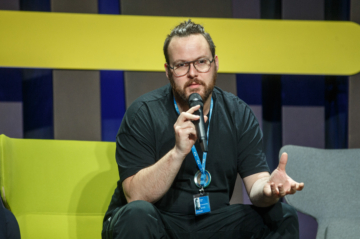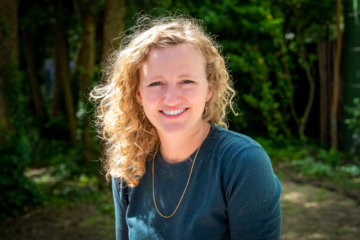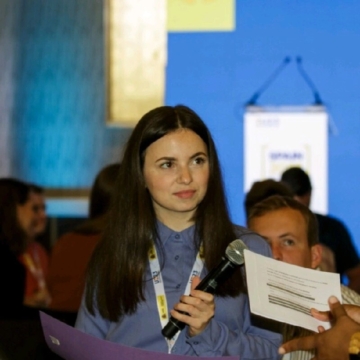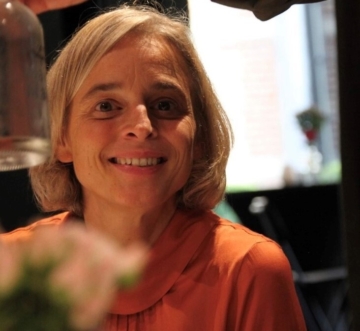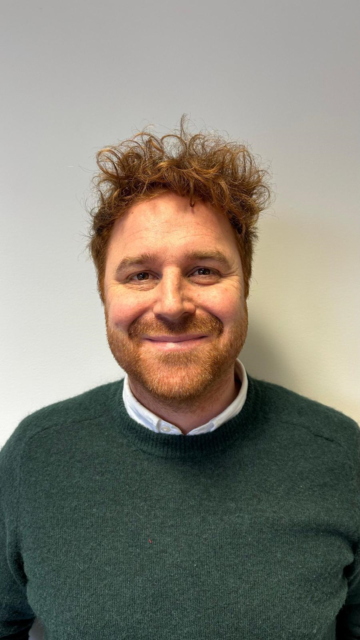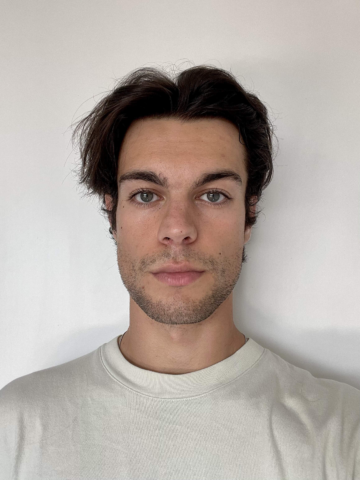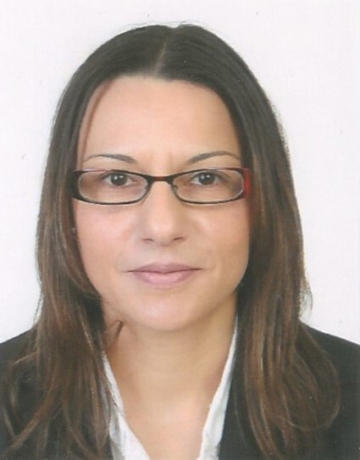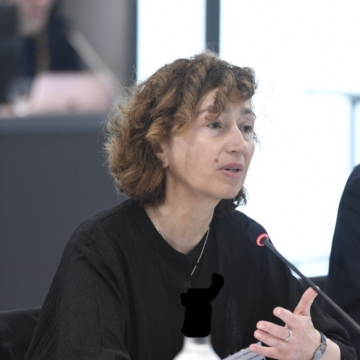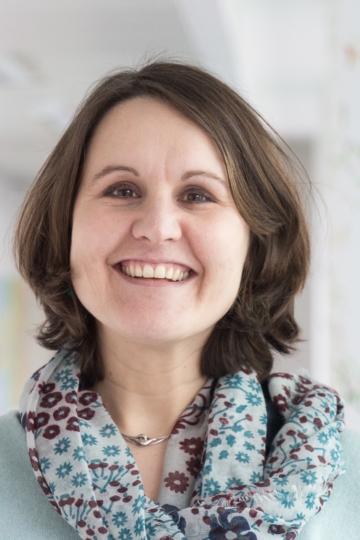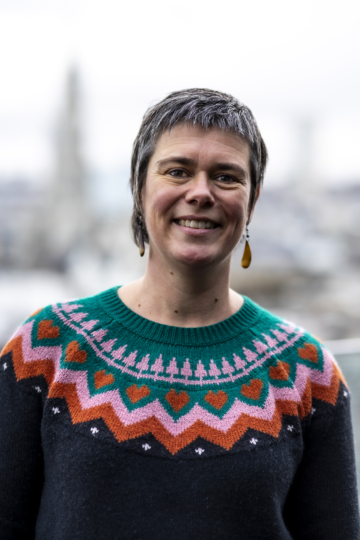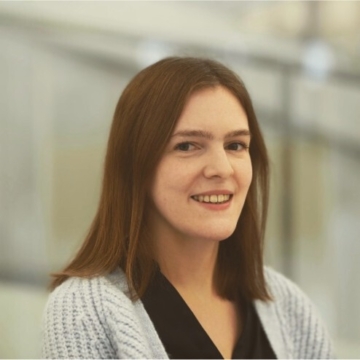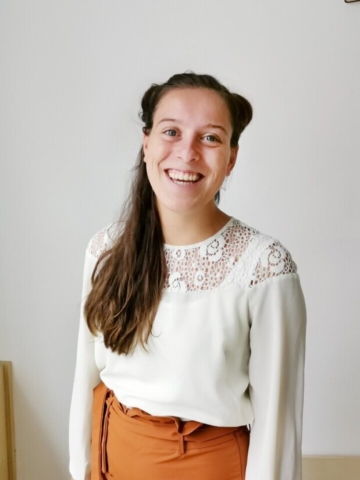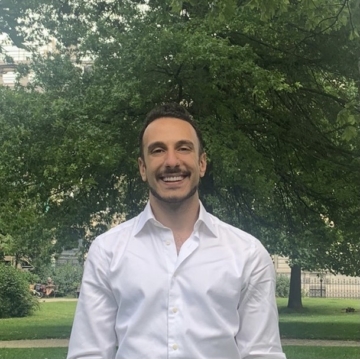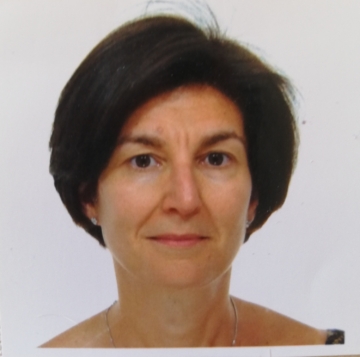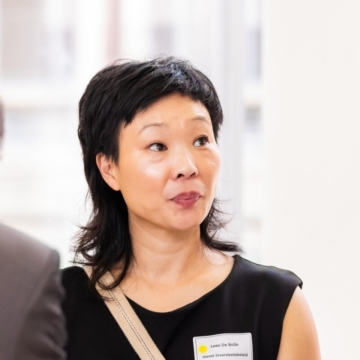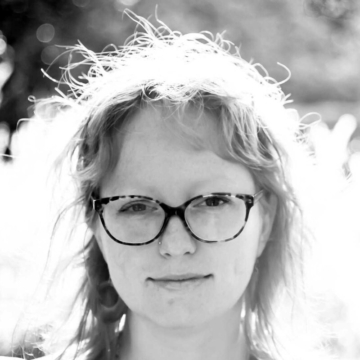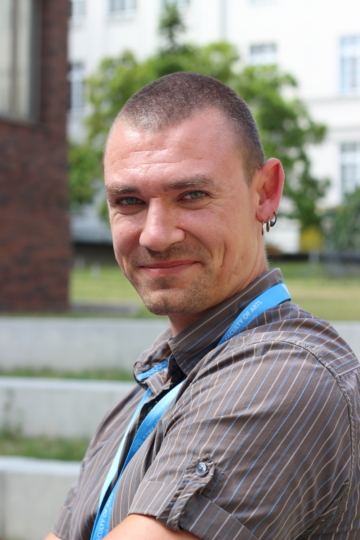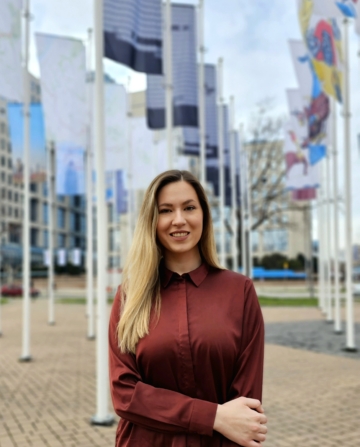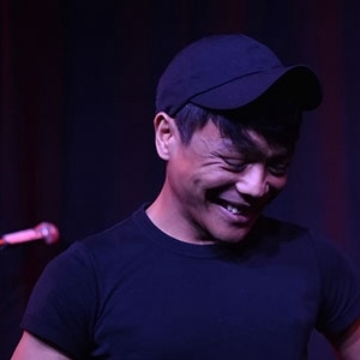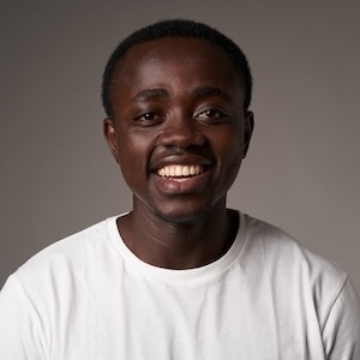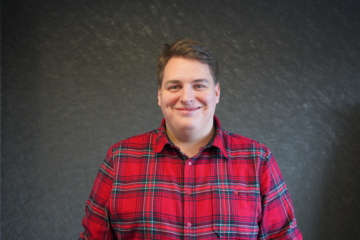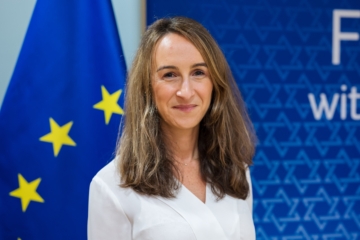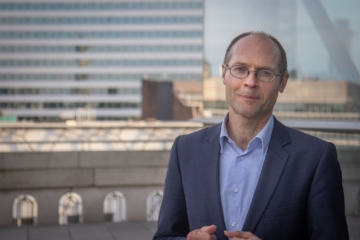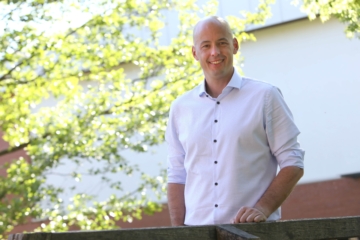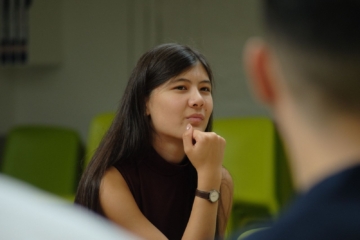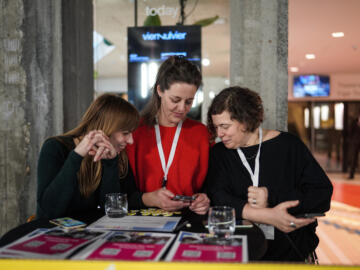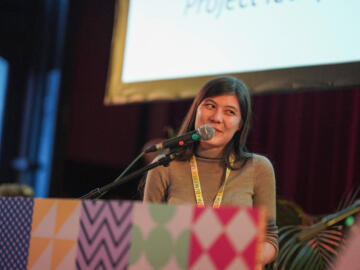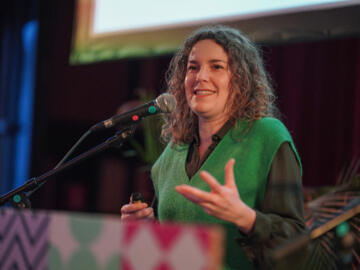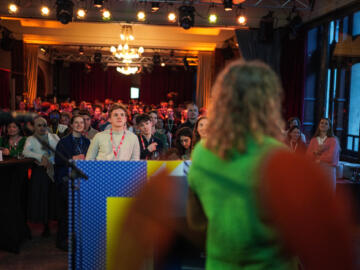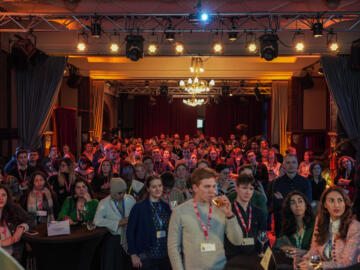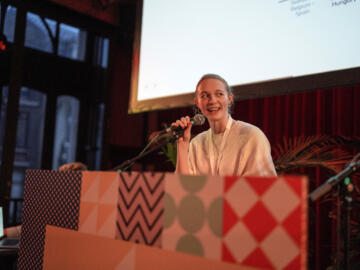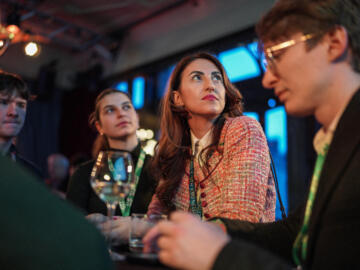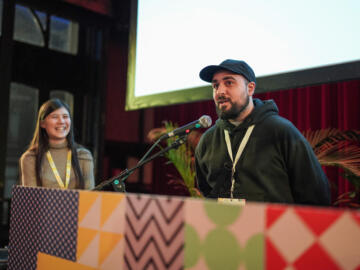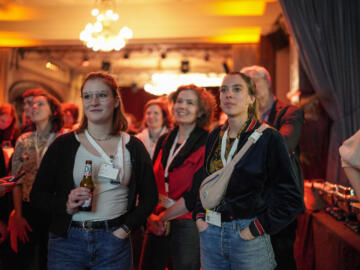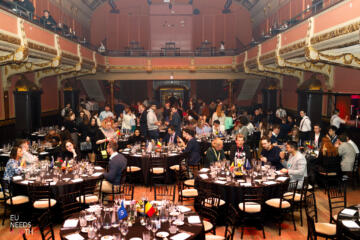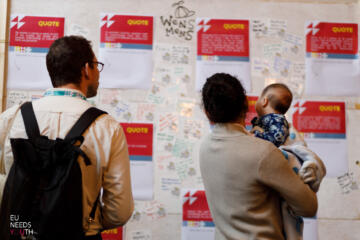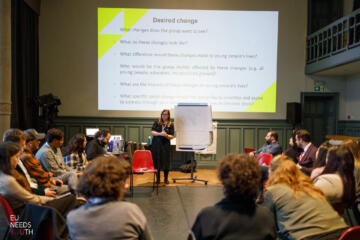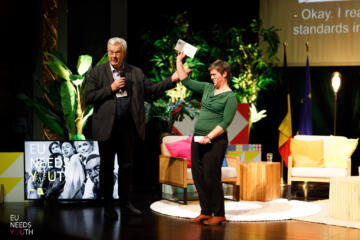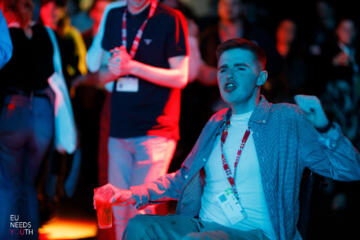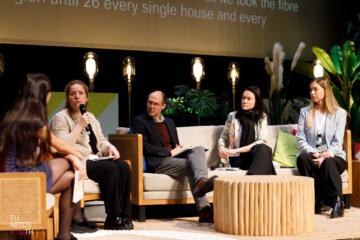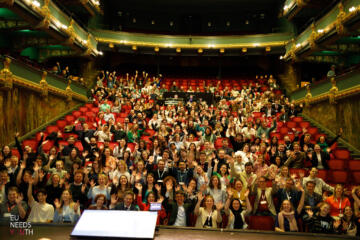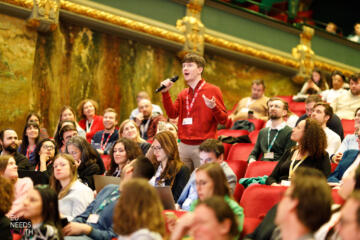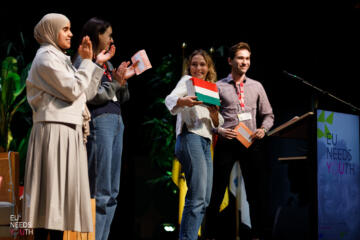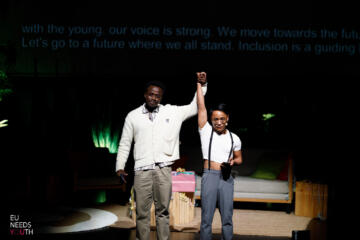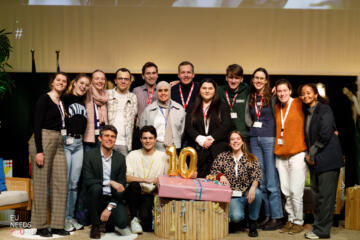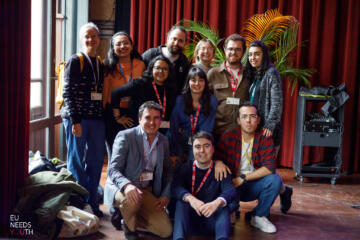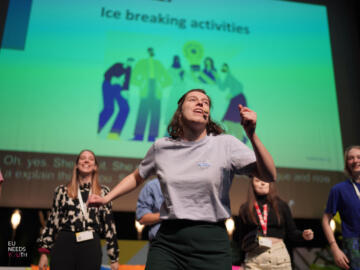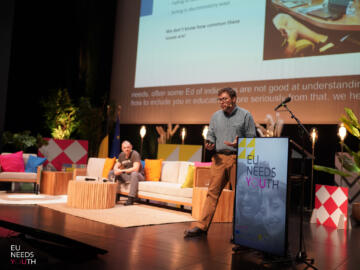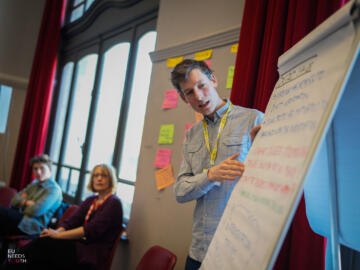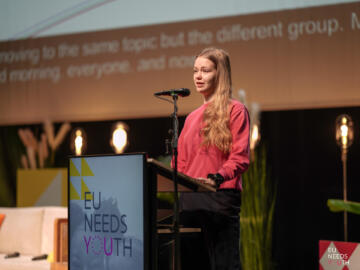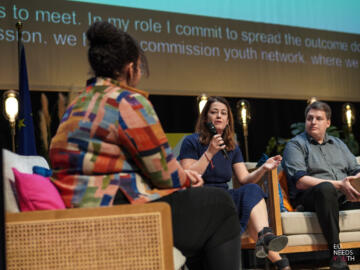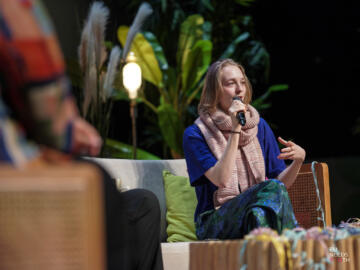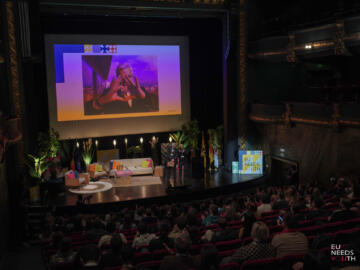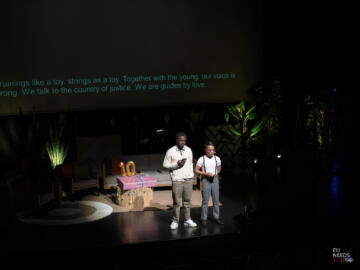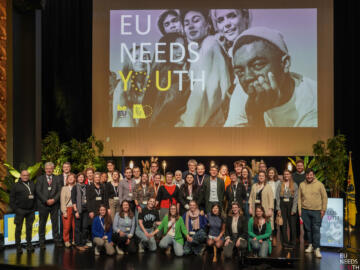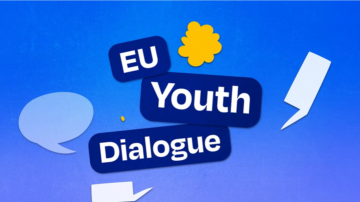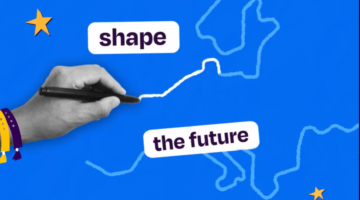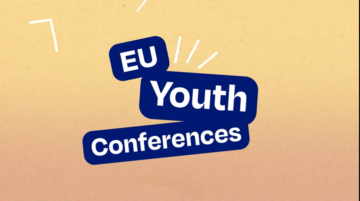
EU Youth Conference
The EU Youth Conference in Ghent is an important event within the EU Youth Dialogue led by the trio presidency of Spain, Belgium, and Hungary. With a focus on European Youth Goal 3, Inclusive Societies, this gathering of 300 participants will address issues of poverty, discrimination and social inclusion, helping to create effective policies for a better and more prosperous Europe.
What is this event about?
The EU Youth Conferences serve as a crucial platform for addressing the intricate challenges faced by young Europeans, highlighted by the insights of over 50,000 participants in 2017 and 2018. At its core are the 11 European Youth Goals, distilling the pressing concerns of the youth demographic and articulating their political priorities. These goals pinpoint areas requiring change to unlock the full potential of young people in Europe. In this 10th cycle, the thematic focus is on the third European Youth Goal, emphasising the need to forge inclusive societies.
The 10th cycle's mission is all about giving every young person the chance to take part in society. The conference wants to make sure that there are meaningful discussions among young people, youth organisations, policymakers, and political decision-makers within the European Union. Its goal is to address important issues for young people and come up with ways to make Europe better for them. The aim is to create a robust foundation for political action, using the outcomes of these discussions as powerful tools to shape policies across Europe.
At the heart of these talks is a focus on inclusive societies. This includes looking at things like making sure everyone has access to educational environments, the capabilities of educators in working with young people facing challenges and ensuring that young people have access to social support, including fair working conditions and a living wage. The conference is a crucial platform to connect different viewpoints and make positive changes for young people in the European Union.
Why is it important?
The focus on “inclusive societies” becomes more urgent when we realise that around one-third of young Europeans are dealing with poverty and social exclusion in one way or another. These challenges are made worse by obstacles to accessing social rights and widespread instances of discrimination, prejudice, and hate crimes. In response, the conference highlights the importance of actively working to realise the rights of all young people in Europe, especially those with fewer opportunities. Essentially, the EU Youth Conference is a crucial platform for meaningful discussions and collaborative efforts, shaping policies and actions for a fairer and more inclusive future.
Who can participate?
National youth councils and international youth organisations send youth delegates to the EU Youth Conference where they represent the young people from their national context. If you are interested in joining an EU Youth Conference, you can get in contact with your national youth council and ask them for more information.
Which outcomes are expected?
After initiating national consultations during the Spanish EU presidency in the latter half of 2023, the conference in Ghent marks the beginning of the implementation phase. Participants will combine and synthesise findings from consultations across different countries to formulate recommendations for European Union and Member State policies on inclusive societies, thus translating youth goals into actionable measures.
Additionally, as part of the 10th cycle of the EU Youth Dialogue, the conference introduces celebratory tools such as guidelines on youth participation and an inclusive consultation toolkit. The next steps involve releasing a comprehensive final conference report and summarising the proceedings, debates, and outcomes. This report will assist countries in assessing and evaluating the consultation of young people across Europe and implementing recommendations generated in Ghent.
Looking forward, the outcomes from both the dialogue and implementation phases will be translated into policy recommendations during the Hungarian EU Youth Conference in September 2024. This translation process aims to incorporate Youth Actions into the policies of the Council of the European Union. As the cycle concludes, efforts will be dedicated to monitoring and reflecting on implementation activities, alongside providing valuable feedback to participants in the 10th cycle.
Daily schedule
What to expect at the upcoming event?

